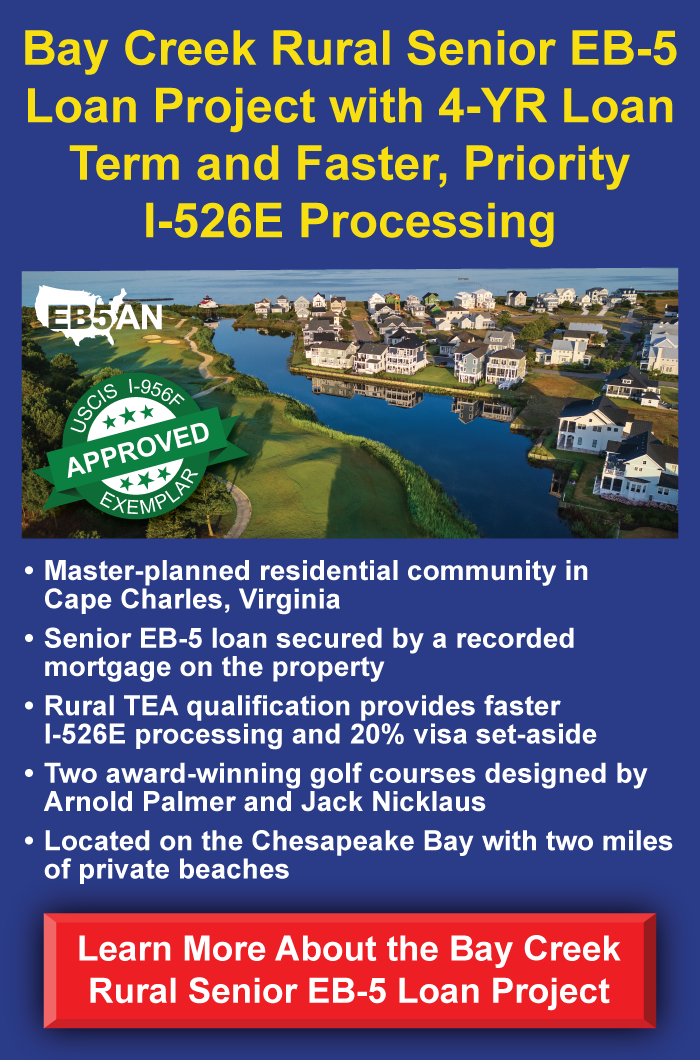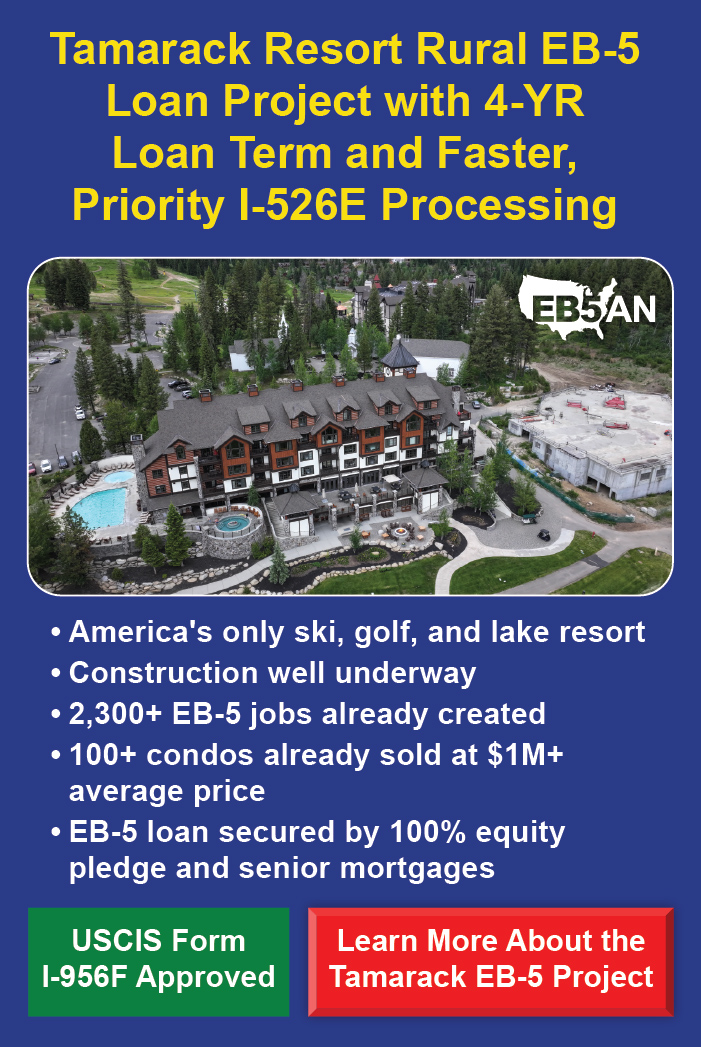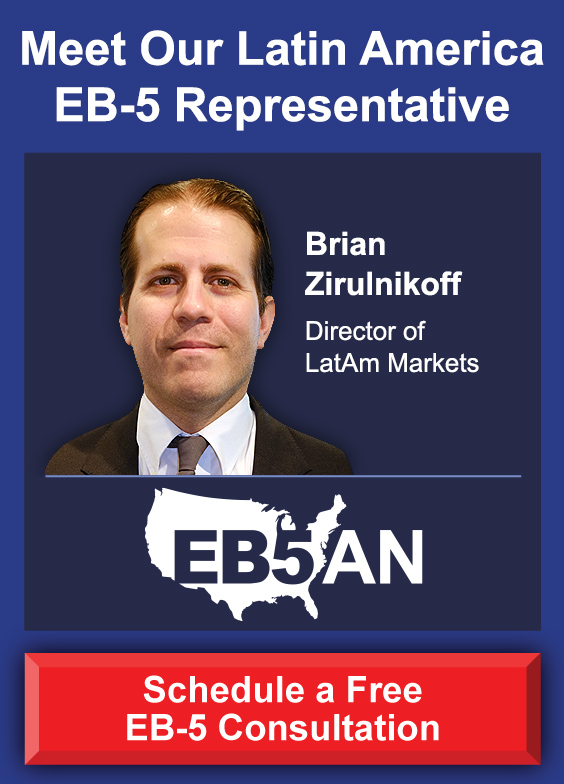EB-5 investors must conduct meticulous due diligence on the EB-5 regional center they choose to work with to ensure the success of their EB-5 investment. Given the growing trend of regional center terminations since 2019, investing through the wrong regional center could cost EB-5 investors their chance at a U.S. green card.
United States Citizenship and Immigration Services (USCIS) reports on its website that as of April 6, 2020, there are 746 USCIS-approved regional centers across the country. Alarmingly, that represents a 26-center drop since March 2020. The two-year period between 2016 and 2018 saw an average of 800 active, USCIS-approved regional centers. The figure reached as high as 900 in 2019 before the trend of regional center terminations picked up.
The EB-5 program has undergone major changes due to the enactment of the EB-5 Modernization Rule in November 2019, and now, with the economy buckling under the mass closures resulting from the COVID-19 pandemic, more terminations are foreseeable. That makes EB-5 regional center due diligence all the more crucial.
Below are a few questions investors should ask themselves when looking for the optimal EB-5 regional center:
- Is the regional center approved by USCIS?
- Does the regional center have a solid track record and a strong reputation?
- How qualified are the principals of the regional center?
- How long has the regional center been in operation?
- How many EB-5 projects has the regional center worked with?
- How many I-526 and I-829 approvals and denials are associated with the regional center?
- How transparent is the regional center about its finances, statistics, and other data?
- What methodology does the regional center use to foster job creation?
- What job-creation buffer does the regional center have?
- How trustworthy and experienced is the project developer?
- What are the sources of the non-EB-5 capital in the project?
- What kind of return on investment does the project offer?
While regional center investment is by far the preferred EB-5 route of investors, with only a minority opting for direct investment, it does not guarantee success. EB-5 investors who do not conduct careful due diligence on the regional centers they are considering investing through may encounter unpleasant surprises later. Regional center due diligence should accompany any EB-5 investor’s general project due diligence.










